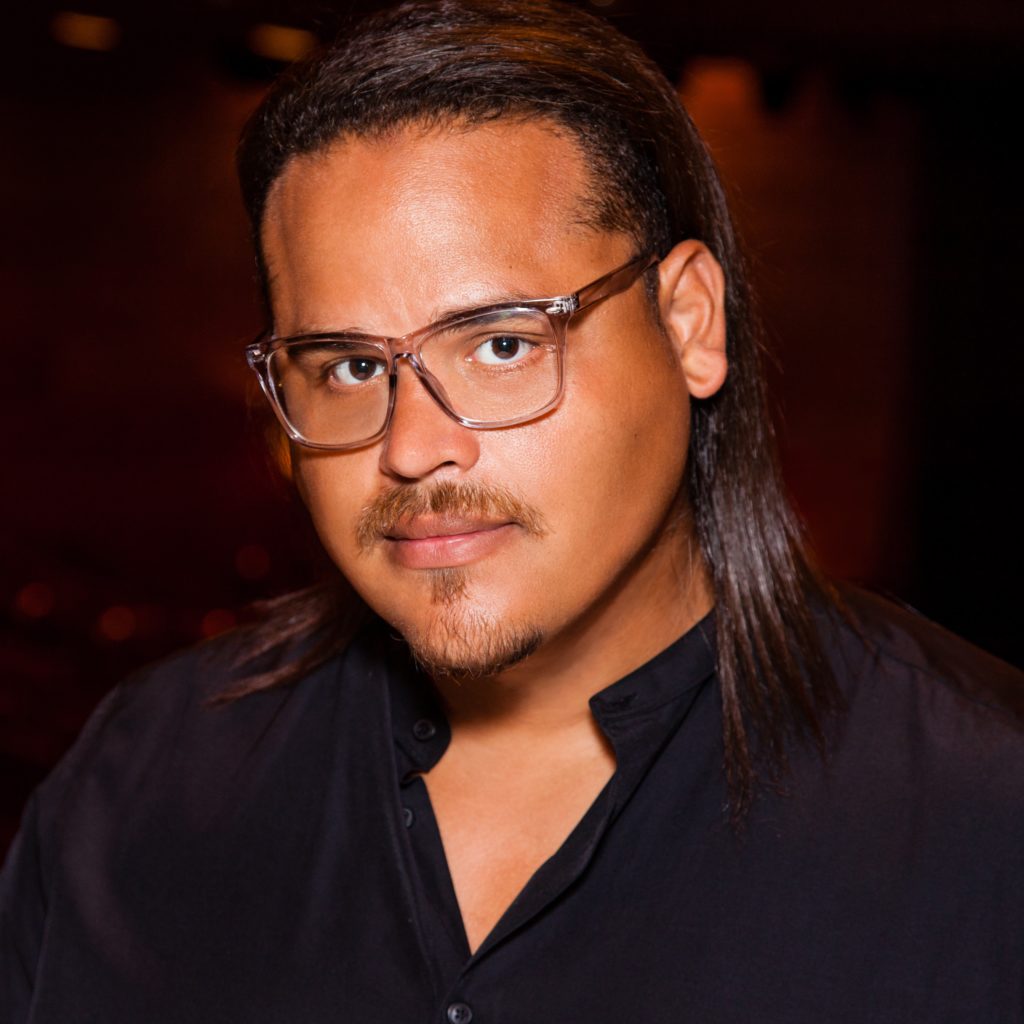
October holds a dual significance for many, as it ushers in both Hispanic Heritage Month and Queer History Month. As someone who embodies the intersection of being Latino, gay, and Lutheran, this month offers a time of introspective reflection and celebration.
Diversity within identities is not merely a demographic checkbox; it’s a complex interplay of experiences and histories that shape how we view the world and our place within it. Being Panamanian American means embodying a rich tapestry of cultures, traditions, and histories, spanning countries and continents. This vibrant mosaic is, in many ways, mirrored by the intricate tapestry of the queer community, which is vast and varied in its expressions of love, gender, and identity.
However, our world often compels us to compartmentalize these aspects of our identity, as if they cannot coexist harmoniously. But I challenge that narrative. For me, being Latino and gay are not separate threads of my identity; they are intertwined, each lending its hue and texture to the fabric of who I am. And my Lutheran faith? It has been a space for me to live out the various aspects of who I am in service to God and others.
The Lutheran church in metro New York, one of the most ethnically diverse areas in the world, unavoidably navigates a wide range of diversity. While there have been moments of tension and challenge, the core tenets of our faith — grace, love, and the inherent dignity of all — guide us towards inclusivity. Our faith encourages us to embrace all facets of our identity, acknowledging that in our differences lies our strength.
As a board member of the Extraordinary Lutheran Ministries, I’ve had the privilege of witnessing firsthand the power of intersectionality within our church. The queer community, which has historically felt estranged from religious spaces, finds in ELM a sanctuary where love is love, and God’s grace knows no bounds. Similarly, our rostered leaders find solace in an organization that sees them, hears them, and champions their invaluable contributions.
However, it’s crucial to understand that while progress has been made, the journey is ongoing. Advocacy, education, and allyship are essential tools in ensuring that our church remains a space of acceptance and love. As we celebrate Hispanic Heritage and Queer History this month, it serves as a reminder that our stories, intertwined and complex, are an integral part of the broader narrative.
In embracing our multiple identities, we provide a roadmap for future generations. A roadmap that says, you can be Latino, gay, Lutheran, or any combination of identities, and find love, acceptance, and purpose. The richness of our stories, the challenges we’ve overcome, and the future we’re forging are testaments to the resilience and beauty of our communities.
I encourage each of us, regardless of our backgrounds, to take a moment this month to reflect on the intersections of our identities. Let us celebrate the beautiful mosaic that is our shared humanity. And let us remember that in our unity and acceptance we bring to others, we truly embody the teachings of our Lutheran faith.
In gratitude and solidarity,
Christopher Vergara
Board Member, Extraordinary Lutheran Ministries
Vice President of the Metropolitan New York Synod
BIO
Christopher Vergara grew up in a Spanish-language Pentecostal church in New York City. Having gone to parochial schools his entire life, as having a Christian education was of the utmost importance to his single immigrant mother, he attended Valparaiso University (IN), where he was drawn into the Luther tradition. He returned to NYC to attend The Juilliard School to study costuming, and recently completed his MFA in costume design and pedagogy.
For the Lutheran Churches of Metro New York, Christopher has served on the synod council, the executive committee, Chair of the AMMPARO/Sanctuary Ministry, and was appointed to lead the synod’s Advocacy Taskforce, before being elected to be the synod’s vice president. For the wider church, Christopher has served on the ELCA’s memorial and nomination’s committees. Christopher crafted the memorial and made the motion to the assembly to have the ELA declare itself a sanctuary denomination, making it the first church body in the U.S. to do so. He is also a proud member of the board of Extraordinary Lutheran Ministries.
His advocacy work has earned him the Outstanding Friends of Immigrants Award from Seafarers International House, the Social Justice Award from the New York State Council of Churches, and The Order of the Blue Dragon & The Order of the Golden Dragon from the Gotham Nights Rugby Football Club

